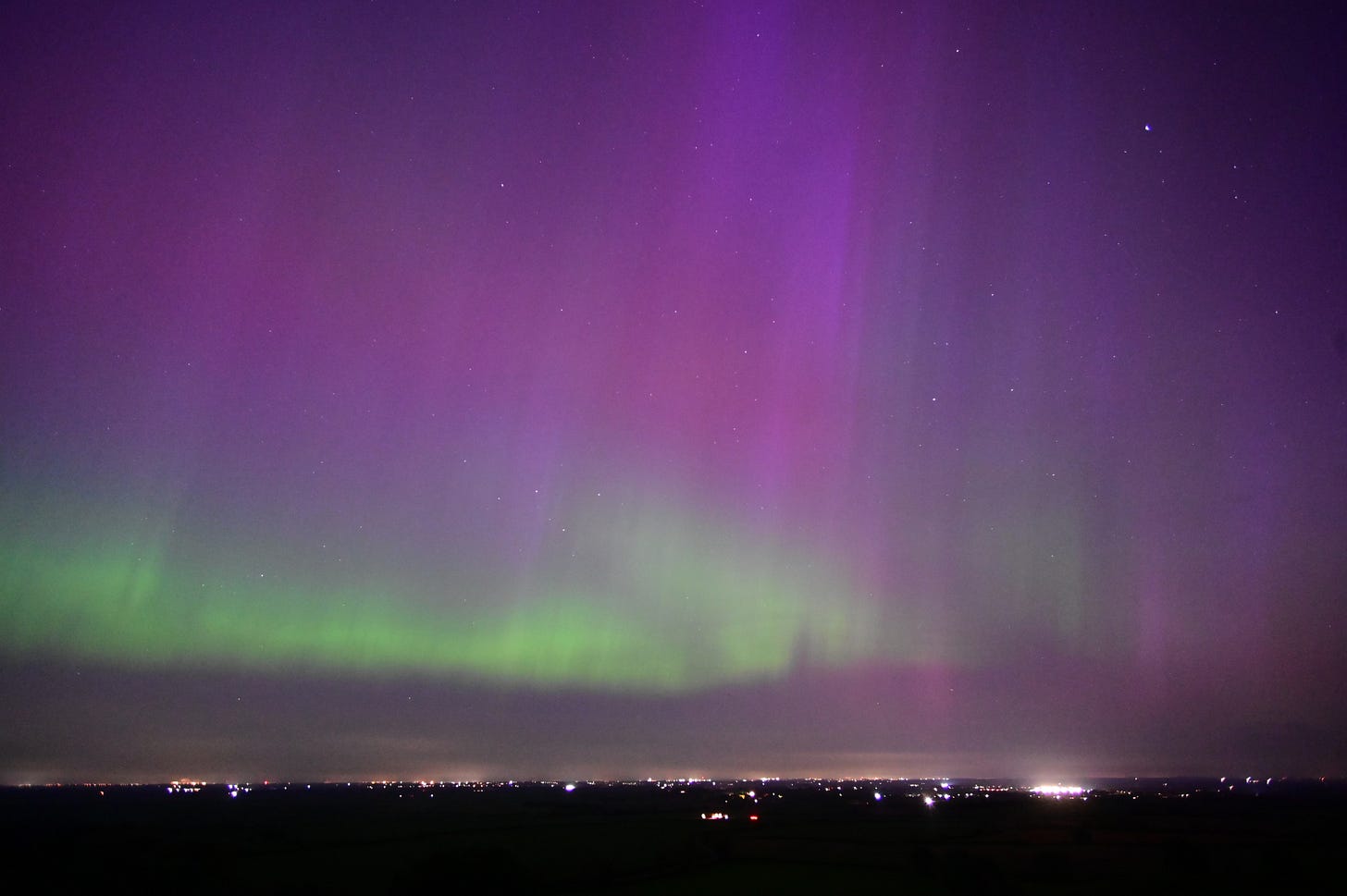Audition: Roussel - Symphony No. 3 - Munch x 2
Live 1964, EMI/Erato Stereo recording 1965

Charles Munch was a fabulous supporter of Roussel’s work and conducted the Ballet suites, many of the orchestral works with the kind of brilliance we don’t hear today. We have two recordings both with French orchestras - where brass cuts through brilliantly to counterpoint Munch’s rich strings and woodwind. The perscussion were essential in Roussel’s works and modern conductors tend to underplay them. Munch is pretty good unde rte circumstances but modern recordings catch the percussion more clearly though without Munch’s swagger.
The first one I auditioned was with the French National Orchestra, 19.08.64, live recording, from the Edinburgh Festival. The release was on the Naive label and it was part of a set of Munch live recordings. There’s something of a shock when the symphony starts and it’s not by Roussel’s doing. The orchestral sound is very weird - like artificial stereo. There’s no middle. Strings are closely miked on the left and brass on the right - distractingly close. Throughout winds and percussion disappear and sometimes reappear and at first the sound quality may distracts us from the music. Munch knows the symphony and how it should go, but one is never sure he has a grip over the players or more likely the players are getting sufficient, direction and rehearsal. The FNO have an authentic old style French sound with small bore horns and strident trumpets which are fantastic and a piquant woodwind section which pierces through some of the mushy sound. All sound well if one ignores the oddities. The symphony plays itself partly because of Russell‘s meticulous but not fussy orchestration, effects aren’t overdone and its impeccable pace: movements move at a brisk pace with substantial climaxes. Munch gives the work full voice though sometimes losing transparency as he does so. But this was also a chance for Munch to prepare himself for a recording on the symphony by Erato/EMI (now Warner) which was the following year.
Naive, live performance 1964
Interpretation 7 out of 10
Recording 3 out of 10
Performance 4 out of 10.
Munch’s studio recording came with the sophisticated Gallic orchestral sound of the Lamoureux Orchestra. They brought better playing and EMI brought much better recording. And there was no competition to Munch’s performance save that of Andre Cluytens also a supporter of Roussel. I might add that the quality of the symphony has come to a good few conductors since, many of them French. That said the first BBC Proms performance was under Malcom Sargent in 1961, then in 1999 with Wordsworth, 2006 under Tortelier and 2010 with Bringer. On record, Boulez and Bernstein (twice) were advocates for this symphony too. It’s worth noting that this recording was originally released in a mono incarnation and then the same perfroamnce was released in stereo.
The studio recording has the the feeling of a reference recording - Munch’s speeds are similar, orchestral transparency is much better and the stereo works. That first movement trumpet contribution is still startlingly good and the strings are in order and well tempered. Nothing here offends and it is a great contribution to the Roussel discography but we can hear how ropey it could be live.
Erato recording
Interpretation 9 out of 10
Recording 9 out of 10
Performance 10 out of 10.


Comments